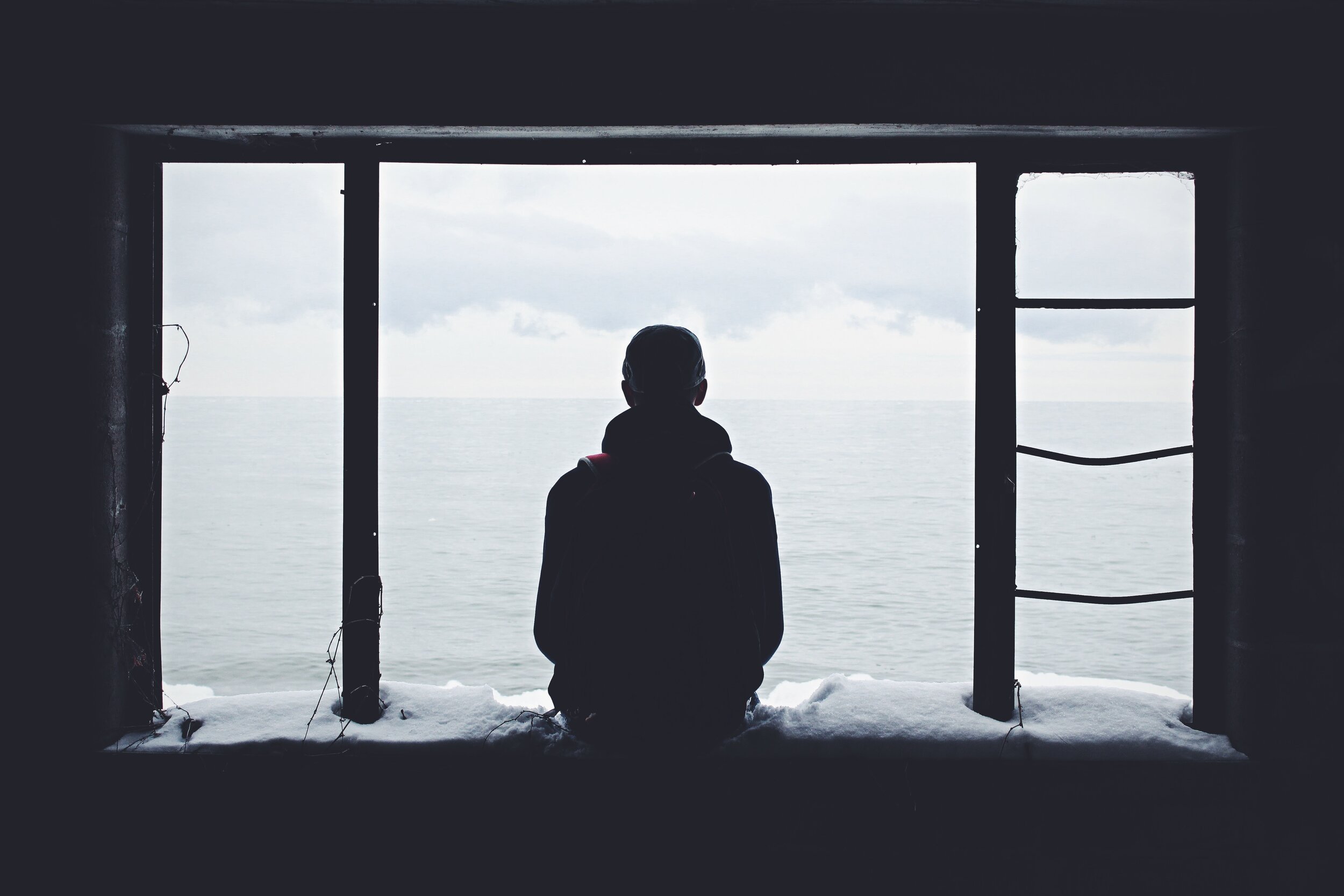Acupuncture and Depression
/Recently, Bustle explored something very near and dear to our hearts — the relationship between acupuncture and mental health. Specifically, the relationship between acupuncture and depression.
Speaking to various doctors and practitioners, it spoke of what we already know to be true, but love to hear it time and time again — that acupuncture can, and does help those struggling with a depressed mood.
We know that maintaining a balanced flow of qi can work wonders for mental health, and can release positive-feeling endorphins as well as a calming effect, too.
Bustle spoke with Dr. Josh Klapow Ph.D, a clinical psychologist, who also explained how acupuncture can be a helpful treatment for depression because it can reduce muscle tension, soothe the central nervous system, and improve your mood. It's also an excellent way to take time out of your day for yourself.
Though, Dr. Klapow said that studies have found that acupuncture isn't an effective primary treatment for depression, but rather is most effective when used in conjunction with other options as well. (Like therapy, exercise, dietary changes, etc.)
The article also explored research that has been performed looking into the matter — some positive and some less so.
Some of the more affirming studies included a review study published in the British Journal of Midwifery in 2018 which, “looked at 1,592 studies of depression and acupuncture to see if there was evidence that acupuncture might help postpartum depression." Only three studies fit the bill, and only one of those three showed that acupuncture might be as effective as the antidepressant fluoxetine hydrochloride (Prozac) for treating PPD. The other two studies didn't show much difference, but it certainly didn't seem as if acupuncture did any harm.”
We believe that giving acupuncture a try is ALWAYS worth it — as it quite literally can’t hurt, and can only help.






